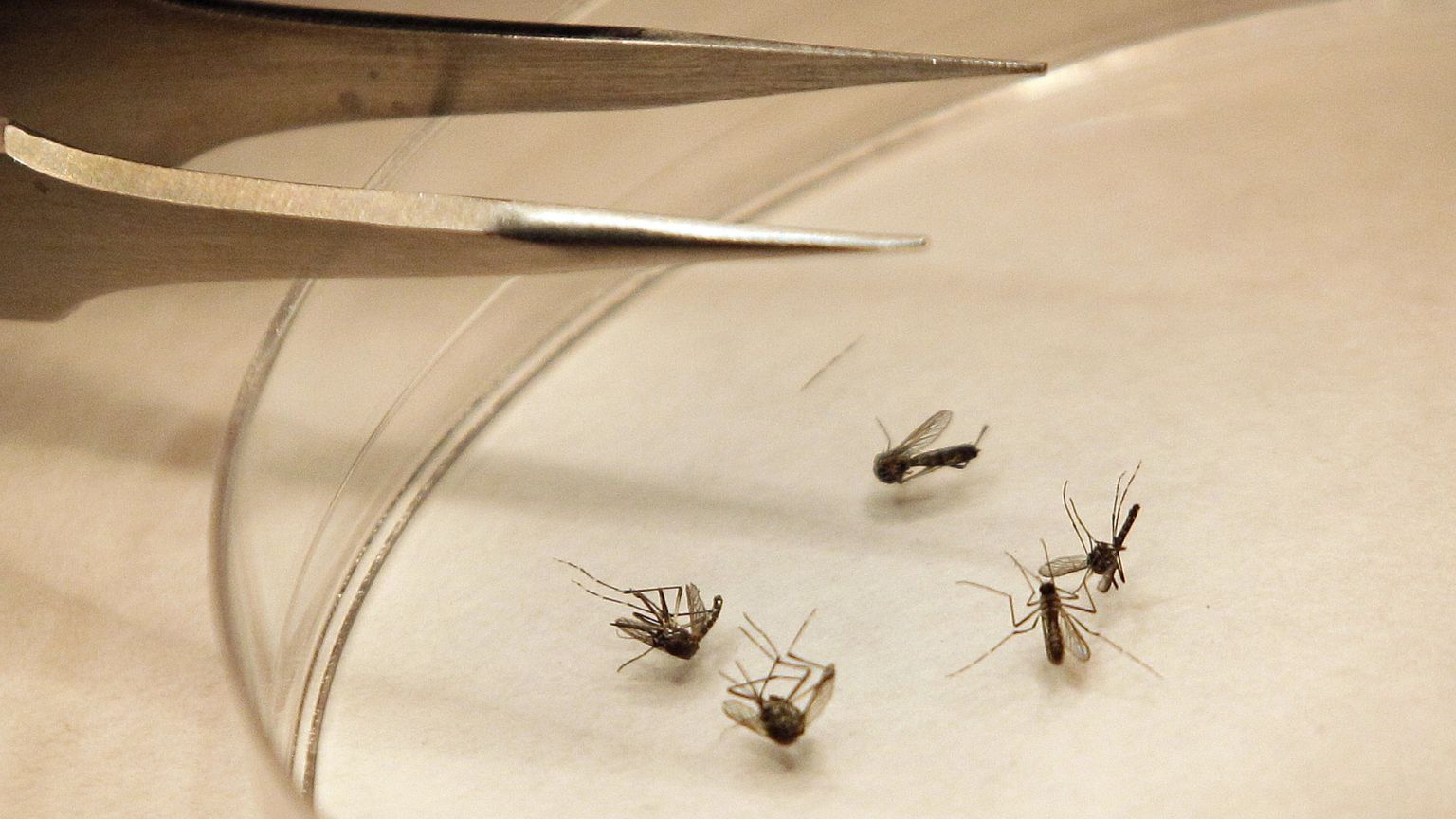Health
Italy Reports Tenth Death from West Nile Virus This Year

In Italy, the death toll from the West Nile virus has reached ten in 2025 following the death of a 93-year-old woman in the Lazio region. This patient passed away at the Spallanzani Institute in Rome, marking the fourth confirmed case in the region. The woman, who was originally from Cisterna di Latina, had been admitted to San Paulo Hospital in Velletri before her transfer to the capital for further treatment.
On the previous Wednesday, three other fatalities linked to the virus were reported. These included a 76-year-old man from Salerona, a 73-year-old man from Maddaloni, and an 86-year-old individual who had been treated at the Santa Maria Goretti Hospital in Latina. This last patient was among the initial cases in the area and had several pre-existing health conditions.
The Italian National Institute of Health released its latest report on Thursday, noting that there were 57 new human cases of West Nile virus documented between July 24 and July 30. Among these confirmed cases, eight deaths were reported, leading to a lethality rate of 20% for the neuro-invasive form of the virus in 2025. This figure is a slight increase from the 14% rate seen in 2024.
West Nile Virus in Europe
According to the European Centre for Disease Prevention and Control, cases of West Nile virus have been reported across five European countries this year. Italy, Greece, Romania, Bulgaria, and France have all confirmed infections. Notably, the current transmission season has seen 25 cases of locally acquired infections in regions of both Bulgaria and France for the first time.
In Greece, new cases emerged in three additional regions, while Italy recorded outbreaks in seven new areas and Romania documented infections in one new region. The province of Latina in Italy has reported the highest number of cases, totaling 43 so far.
Understanding West Nile Fever
West Nile fever is a viral disease caused by the West Nile virus, which primarily affects wild birds. Humans typically contract the virus through mosquito bites, although transmission can also occur via organ transplants, blood transfusions, or from mother to fetus. The virus does not spread through direct person-to-person contact.
The incubation period for the virus ranges from two to 14 days. While most infected individuals do not exhibit symptoms, approximately 20% may develop mild symptoms such as fever, headache, nausea, and skin rashes, which generally resolve on their own within days. In less than 1% of cases, severe symptoms can occur, including high fever, disorientation, tremors, and in critical situations, paralysis or coma.
Diagnosis involves laboratory tests that detect antibodies in serum or cerebrospinal fluid. There is currently no vaccine or specific treatment for West Nile fever; management focuses on alleviating symptoms, with hospitalization required in severe cases. Preventive measures are essential, emphasizing the importance of reducing exposure to mosquito bites. Recommendations include the use of insect repellents, wearing protective clothing, installing mosquito nets, and eliminating standing water to reduce mosquito breeding grounds.
-

 Top Stories3 months ago
Top Stories3 months agoTributes Surge for 9-Year-Old Leon Briody After Cancer Battle
-

 Entertainment4 months ago
Entertainment4 months agoAimee Osbourne Joins Family for Emotional Tribute to Ozzy
-

 Politics4 months ago
Politics4 months agoDanny Healy-Rae Considers Complaint After Altercation with Garda
-

 Top Stories4 months ago
Top Stories4 months agoIreland Enjoys Summer Heat as Hurricane Erin Approaches Atlantic
-

 World5 months ago
World5 months agoHawaii Commemorates 80 Years Since Hiroshima Bombing with Ceremony
-

 Top Stories3 months ago
Top Stories3 months agoNewcastle West Woman Patricia Foley Found Safe After Urgent Search
-

 Top Stories5 months ago
Top Stories5 months agoFianna Fáil TDs Urgently Consider Maire Geoghegan-Quinn for Presidency
-

 World5 months ago
World5 months agoCouple Convicted of Murdering Two-Year-Old Grandson in Wales
-

 World5 months ago
World5 months agoGaza Aid Distribution Tragedy: 20 Killed Amid Ongoing Violence
-

 World5 months ago
World5 months agoAristocrat Constance Marten and Partner Convicted of Infant Murder
-

 Top Stories4 months ago
Top Stories4 months agoClimbing Errigal: A Must-Do Summer Adventure in Donegal
-

 Top Stories4 months ago
Top Stories4 months agoHike Donegal’s Errigal Mountain NOW for Unforgettable Summer Views









